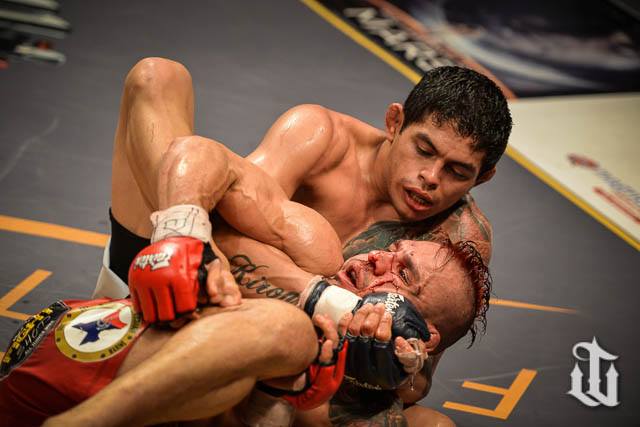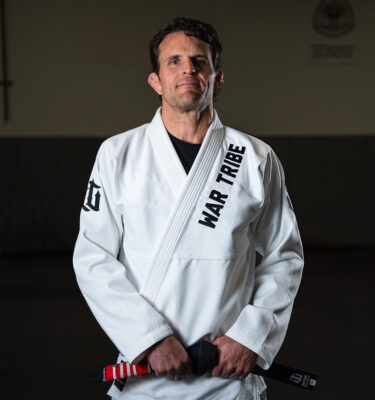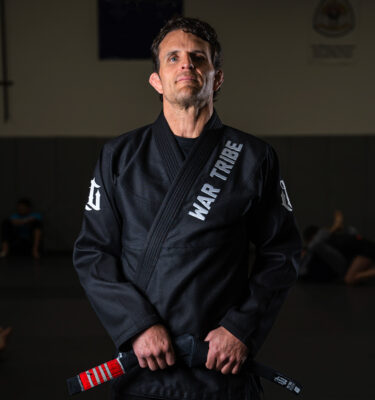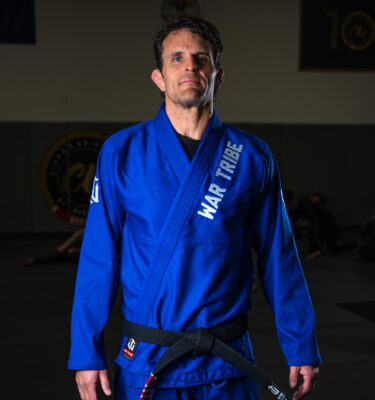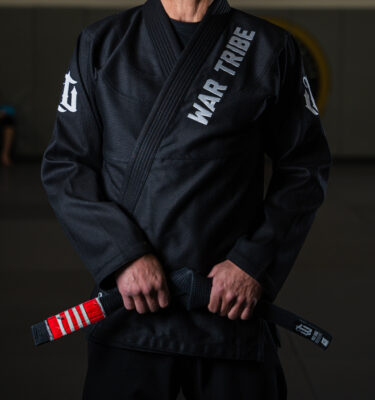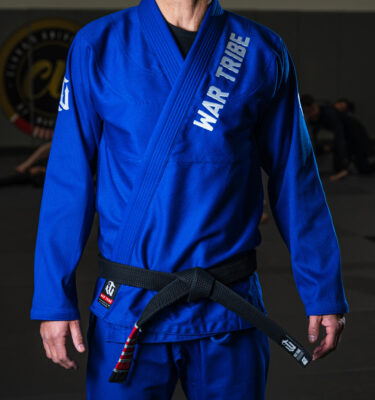
A winning mentality is just as important as physical training when it comes to competition success.
There’s an old saying that goes on to state that sports performance is 90% mental. In reality that may not be a hard percentage but how an athlete approaches competition, mentally, is most certainly important. Maximum athletic performance involves a synergy of the body and the mind. If both do what they are capable of, then one can perform to the best of their ability. With that in mind, high-performing athletes definitely have to train both. And it shows up in competition.
Consider the excuses one hears from the losing side following a competition:
Oftentimes the reasons amount to non-physical factors. Excuses like “I just couldn’t get motivated” and “I just wasn’t feeling it today” as equally prevalent as “I didn’t train hard enough” and “my opponent was just way better than me.”
A winning mentality doesn’t magically arrive at the last minute or through a prep talk before a match. Developing a winning mentality is every bit as important as drilling a series of techniques. Like showing up to class to train one’s body and develop one’s skill sets physically, developing a culture of the mind is also a ritual that one has to go through on an ongoing basis.
And research has shown that mental training can reduce the impact of stress and anxiety on athletic performance. “For most athletes, mental focus is the result of mental practice. With enough practice, focus becomes second nature even in a stressful situation.” (The Impact of Mental Preparation on Athletic Performance, Bridget Reardon)
Here are a few different points to highlight in reference to the mental side of preparation:
Make sure you really want it – Set clearly defined goals.
Whether it is sports or life in general, it’s important to set clearly-defined goals.
The definition of success is not ambiguous. It’s laid out in quite a clear fashion as the accomplishment of a predetermined aim or purpose. With that in mind, one has to figure out what they truly want before they can truly get after it. For the athlete, that can be anything from winning a championship to becoming better at any particular skill set at any given time. Whatever the goal is or goals may be, they’ve got to be clearly laid out in such a way that the athlete can develop their individual road map on how to get there.
And as mentioned before, they have to really want it.
To quote Vince Lombardi, “Winning isn’t everything, but wanting to win is.”
Once the goals are set, then one can figure out the work they need to do to get there. They can also define some of the challenges along the way and what they’ll need to do and what they need to sacrifice to push through to the finish line.
Be confident in your abilities – Believe you have what it takes to win.
A great man (Henry Ford) once said, “Whether you believe you can do a thing or not, you’re right.”
That speaks to a person’s ability to get anything accomplished based on their perceptions and self-defined limits. And it absolutely translates into sports.
A winning mentality means one has enough self-belief in their abilities to know they can achieve what it is they’re setting out to do. Oftentimes, that doesn’t come naturally but the good news is that this can be developed. Through hard work and self-affirmation, those doubting voices in one’s head can be quieted. And come competition time, the only thought in one’s head should be centered on getting the job done.
Realize you’ve got to do the work; Give it your full effort in training.
You might have heard this before but chances are an athlete will perform in competition like how they prepared in practice. In other words, if you plan on going at a fast pace when it comes to game day, you had better train your body that way before it comes time to do it for real.
Truly high-performing athletes set a high standard for themselves when it comes to how they train and the discipline with how they go about their routines. “Saving your strength” in practice is counter-productive in most cases. Slacking in the gym will mean you’ll be trained to slack in competition. Even if your mind doesn’t feel that way, your body will and that’s when those excuses like “I don’t know what happened. I just wasn’t feeling it” come into play.
The key to overcoming this barrier, and perhaps also the natural anxiety that hits, is to focus on tasks and not outcomes. This starts in the training room with specific parts of your training session like warm-ups, drilling and rolling. By practicing sequences and specific situations you’ll be able to focus on the same in competition as opposed to dwelling on outcomes and expectations.
“When you are motivated by the fear of losing or not embarrassing yourself, you are handcuffed before you even start the competition. You need to learn how to focus on one play at a time and let go of the “what ifs.” (Perform in Games Like You Practice, Patrick John)
Train 100%. Practice as if your competitive life depended on it. Then, when you step out on the mats of playing field you can perform naturally based on how you’ve prepared. It can make all the difference in the world.
Learn to deal with disappoint in a positive manner
Let’s state the obvious first and foremost. Losing stinks. Nobody likes to lose. And it sucks when you’ve prepared your butt off to win only to come up short.
That’s heartbreaking.
With that said, athletes with a winning mentality have to deal with losing and get past it with a sound sense of mind. Winners understand that things don’t always go their way. Adversity is a part of life along with tough opponents, bad breaks, or simply not being the better competitor on any given day. All this happens but there is a right mindset when it comes to overcoming these tough moments.
Even Michael Jordan has said that not all his final shots were game winners. Failure gave him strength and pain was his motivation. And so it goes that moving past losing means one must learn from their mistakes and shortcomings no matter what the outcome. Only then can one go “back to the drawing board” with a sound mind and take steps towards improving their game and learning from their mistakes. By doing this, one can take the reason they lost and ultimately turn it into a victory in the long run.
You either win or you learn.

